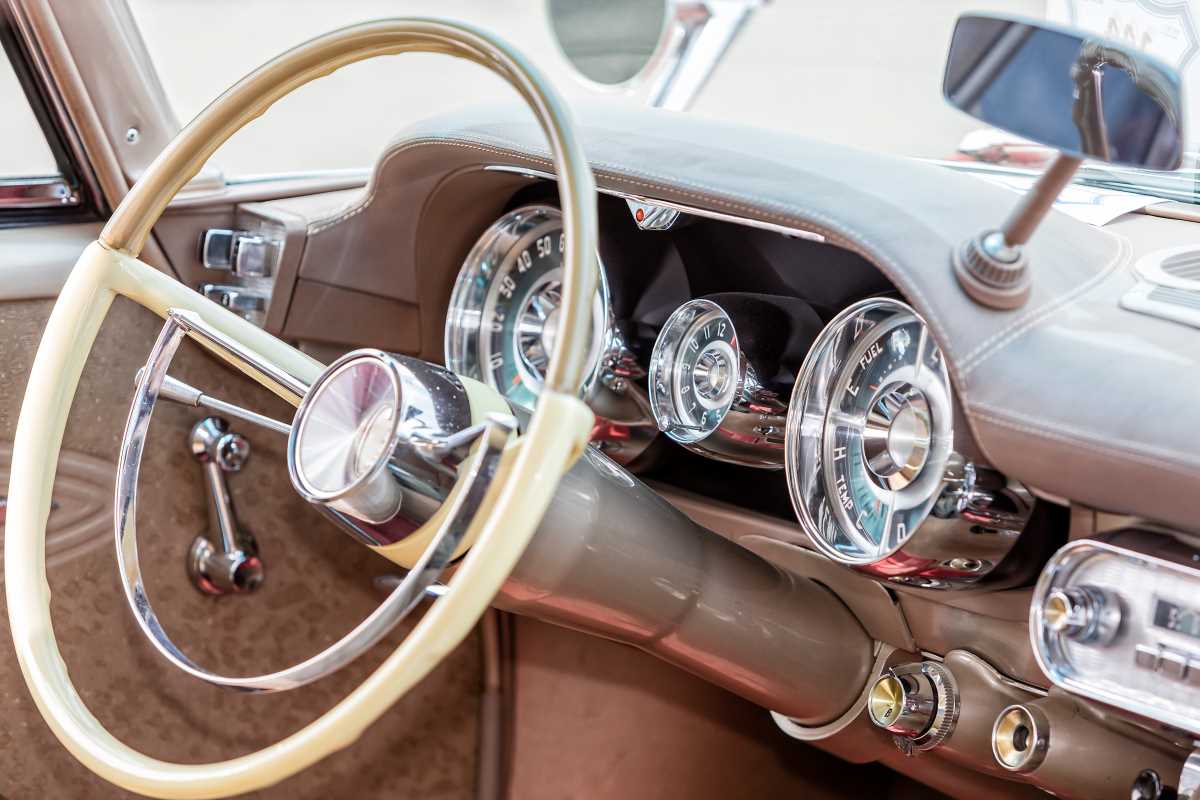Your car is more than just a way to get from point A to point B. It’s your partner in errands, road trips, soccer practice carpools, and daily commutes. When it’s running smoothly, it’s easy to take it for granted. But when that dreaded check engine light pops on? Suddenly, you’re faced with a decision that feels overwhelming. For middle-aged folks juggling busy schedules, finding a reliable mechanic is more than just a to-do item. It’s about peace of mind, saving time, and protecting your investment. After all, you’ve got too much on your plate to deal with repair shop runarounds.
But how do you filter through the noise to find someone you can trust? Picking a mechanic can feel a little like dating. You’re looking for a match that’s reliable, respectful, and knows your car like the back of their hand. Thankfully, with a bit of know-how, you can feel confident leaving your car in the right hands.
Look for Certifications and Experience
It might seem obvious, but not all mechanics are created equal. One of the quickest ways to separate the pros from the amateurs is by checking their certifications and experience. Most reputable mechanics will have credentials from organizations like the National Institute for Automotive Service Excellence (ASE). That shiny blue seal isn’t just for show. It’s proof they’ve undergone rigorous testing and meet high industry standards. It’s basically the mechanic equivalent of “trust me, I know what I’m doing.”
Ask about their experience with your car’s make and model. If you drive a more specialized vehicle—a hybrid, an electric car, or even an older classic—not every mechanic will have the know-how to handle it. A seasoned mechanic with experience in your specific type of car can save you countless headaches (and dollars) in the long run. It’s like taking your golden retriever to a vet who specializes in exotic animals. Sure, they might figure it out eventually, but wouldn’t you rather work with someone who knows golden retrievers inside and out?
Seek Word-of-Mouth Recommendations
Ask around! Your friends, family, and neighbors are often gold mines of advice when it comes to local businesses, and mechanics are no exception. Have a coworker whose car always seems to be running like a top? Or a neighbor who’s had the same mechanic for a decade? They’ve probably found a keeper. People are usually more than happy to share a great experience (and, understandably, warn you about the not-so-great ones).
And don’t overlook online resources. Websites like Yelp and Google Reviews can provide helpful insights, but read the reviews critically. One bad review doesn’t necessarily mean you should steer clear. Look for patterns. Is there a steady stream of praise for fast, honest service? Or repeated complaints about sky-high prices and mysterious “extra charges”? A fair mix of reviews often paints the clearest picture.
Observe Their Communication Style
Communication is key in any relationship, and the mechanic-client dynamic is no different. When you first speak to a potential mechanic, take note of how they explain things. Are they patient, clear, and happy to answer your questions? Or do they throw jargon-filled explanations your way, leaving you more confused than before?
A quality mechanic won’t just tell you what’s wrong with your car. They’ll explain the issue in a way that makes sense, breaking it down without being condescending. And they’ll give you a heads-up about repair options, the expected costs, and what’s important to fix right away versus what can wait. Transparency is everything here. You want someone who treats you like a partner rather than a paycheck. Red flags include evasive answers, pressure to approve repairs immediately, or inconsistent estimates.
Gauge the Shop’s Atmosphere
It might seem small, but the vibe of a repair shop speaks volumes. Is the space relatively clean and organized? Is the staff friendly and professional? While a mechanic doesn’t need to operate out of a pristine, high-tech space (this isn’t a car commercial), a clutter-free, welcoming environment often suggests attention to detail and pride in their work.
Take note of how the shop seems to handle business. Are cars being worked on efficiently, or do they look like they’ve been sitting untouched for days? While everyone has off days, a professional operation typically runs like a well-oiled machine. Get it? Well-oiled… Anyway, moving on.
Ask About Warranties and Guarantees
One sign of a mechanic who stands by their work is their willingness to offer warranties or guarantees. This isn’t just an extra perk; it’s a comforting guarantee that, should something go wrong, you’re not left footing another bill. A reputable mechanic will likely offer coverage on both parts and labor, giving you a safety net for future mishaps. Just be sure to ask upfront about their policy. If a mechanic balks at the idea of any sort of guarantee, you might want to keep looking.
Start With Small Repairs
If you’re still unsure about committing to a mechanic long-term, think of it like a first date: start small. Bring your car in for a routine job like an oil change or tire rotation. Watching how they handle these basic tasks can give you a good sense of their work style, pricing, and overall professionalism. It allows you to establish a rapport before any major repairs are required. It’s far less stressful to decide if they’re trustworthy when the stakes are low.
Trust Your Gut
Last but not least, trust your instincts. If something feels off, it probably is. Maybe it’s the dismissive tone of the service desk, or the way they hesitate to give you an estimate upfront. Whatever it is, don’t ignore it. A great mechanic not only knows their stuff but makes you feel comfortable and respected throughout the process. At the end of the day, you’re not just looking for someone to fix your car. You’re looking for someone you can count on when life happens.







